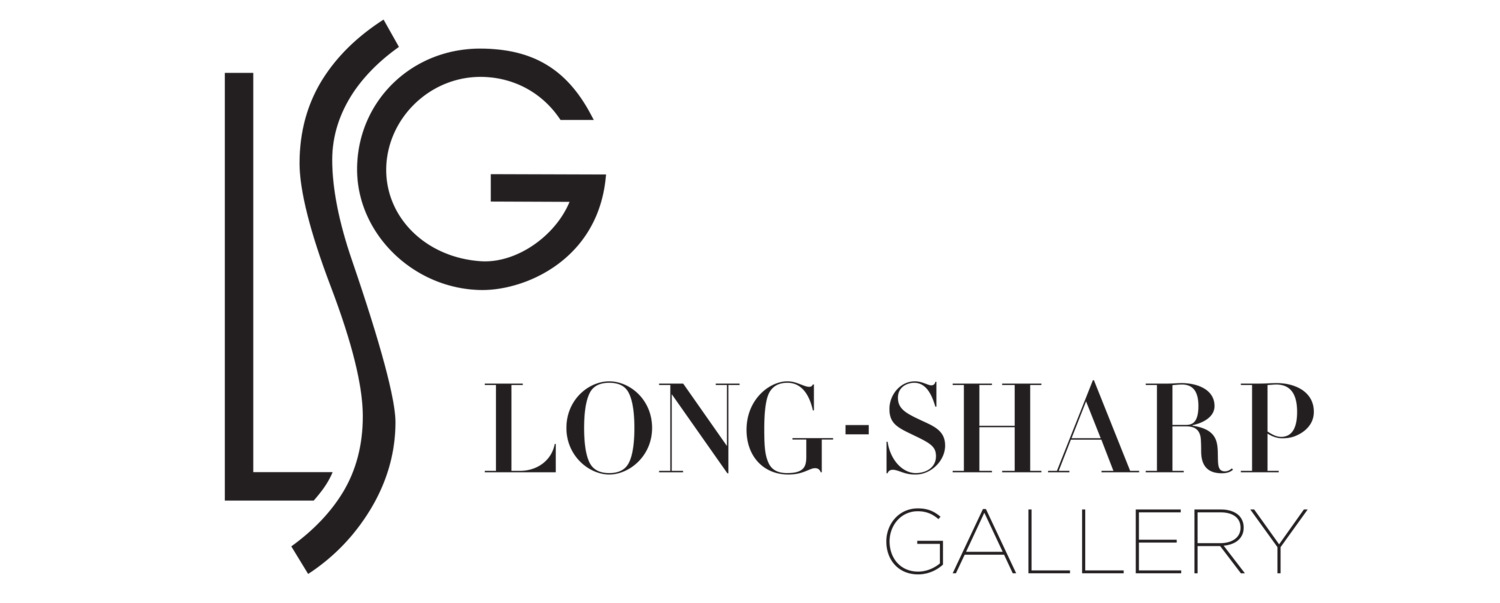Patrick Hurst
Patrick Hurst, born in Cambridge in 1988 and currently residing in Rome, is a contemporary British sculptor. His artistic practice is characterized by a rigorous exploration of geometric abstraction, manifested through meticulously crafted metal sculptures.
Hurst’s technique is notable for its synthesis of manual machining, computer-aided design, and industrial manufacturing processes, enabling him to achieve precise forms and flawless surfaces. A defining element of his work is the strategic use of mirror-polished finishes which manipulate light and reflection, thereby challenging the viewer’s perception of space and form. His sculptures exhibit a profound engagement with mathematical and physical principles, translated into a visual language that transcends cultural boundaries. Hurst’s work often creates a dialogue between the object and its surrounding environment, prompting contemplation on the interplay of materiality, geometry, and light.
Hurst has exhibited at venues including Masterpiece London, Eye of the Collector, Art Miami, and Ann Norton Sculpture Gardens.






